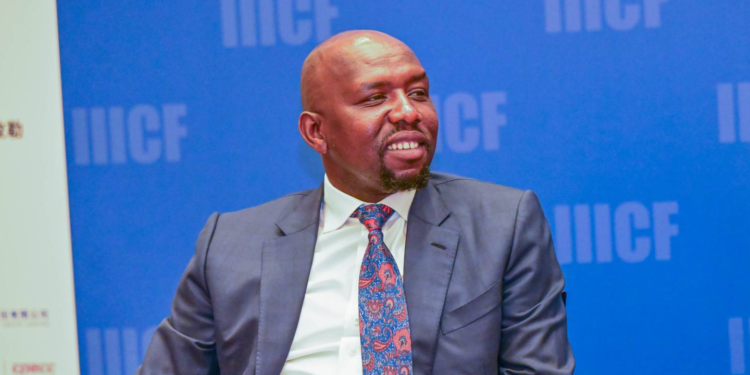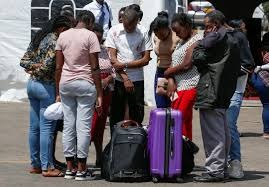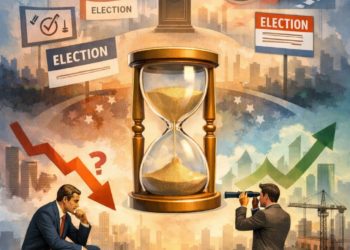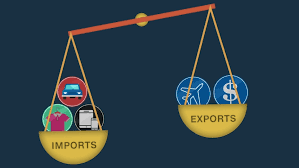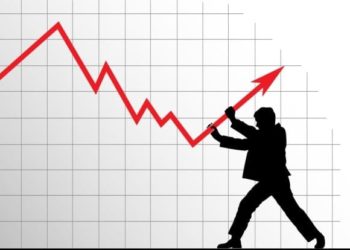Kenya’s Cabinet Secretary for Roads and Transport, Kipchumba Murkomen, announced on Monday that the government is reassessing its proposed increase to the Road Maintenance Levy following widespread public concern over potential rises in the cost of living. The decision comes after extensive public consultations revealed apprehension about the economic impact of the proposed hike.
In a statement released on July 8, 2024, Murkomen acknowledged the significant public participation in the consultation process, stating, “I thank Kenyans across the country for turning up in large numbers to give their views on the maintenance of our roads.”
The Cabinet Secretary highlighted the pressing need for additional funding, citing a substantial expansion of Kenya’s road network from 166,451 km in 2016 to the current 239,122 km. This growth has outpaced the resources provided by the existing Road Maintenance Levy, which has remained unchanged for eight years at 18 Kenyan shillings per litre of fuel.
“As a country, we are grappling with a maintenance deficit of Sh78 billion this financial year alone,” Murkomen revealed. He further warned that without intervention, “by Financial Year 2028/2029 this financing gap will rise to Sh315 billion.”
The proposed levy increase aimed to address this growing deficit, with particular concern for the Low Volume Seal programme roads, which “have never been maintained in the last 10 years and are on the verge of being wiped away altogether,” according to the Cabinet Secretary.
However, the public consultation process unveiled widespread anxiety about the potential economic repercussions of the levy increase. “Many Kenyans are worried that an increase in the levy will result in a rise in the cost of living,” Murkomen acknowledged.
In response to these concerns, the government has committed to a thorough analysis of the public submissions before making a final decision. Murkomen emphasised, “We will explore ways of getting the resources we need to maintain roads, as expressed by Kenyans in their numbers, without raising the cost of living through an increase in petroleum prices.”


